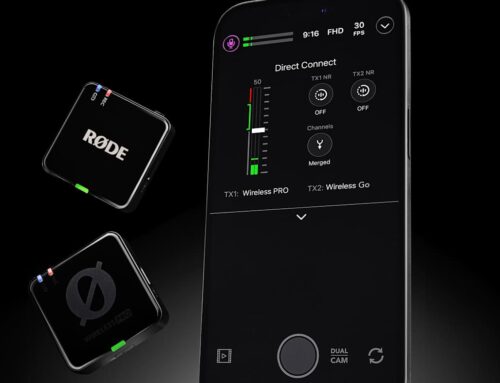Apple introduced its Pay Later service last year, but so far, it has been limited to a small pool of selected users as part of a beta run. That finally changed today as Apple Pay Later is now officially available to all customers in the U.S., as first spied by MacRumors. The premise is simple and alluring: you make a purchase from the Apple Pay wallet, but instead of paying the bill up front, you can pay it later in the form of installments. The most lucrative aspect is that there is no interest involved, and Apple doesn’t charge extra fees either.
However, there are still some restrictions in place. Unlike a regular EMI-based purchase using a credit card that can extend over three or four years, Apple Pay Later is limited to just four installments that need to be paid over the course of six weeks. The minimum purchase value is $75, while the maximum bill amount is capped at $1,000 — which is enough to buy an iPhone, iPad, HomePod, entry-level MacBook, or other Apple accessories.
What’s the criteria?
There are no additional hassles involved with using Apple Pay Later, assuming you own a newer iPhone or iPad model. All you need to do is select Pay Later on the final billing step instead of the Pay in Full option. Once the purchase is finalized, users can choose to enable the automatic debiting option or to pay the installments manually at their preferred cadence. Apple says users can apply for its financial offering without worrying about a hit on their credit score, and the approval process is also fairly fast.
Regarding the security aspect, Apple says it won’t “share or sell your spending history, loan details, and credit information to merchants or marketers.” For now, the eligibility criteria include being at least 18 years old, having an active Apple Pay account with a functional banking card linked to the wallet, having legal identity proof, and having two-factor authentication in place for verifying transactions. Apple Pay Later will be available across all online storefronts and in-app payments. But do keep in mind if your account balance dips below the minimum installment amount and you can’t pay it on time, charges will be levied by your banking institution.







